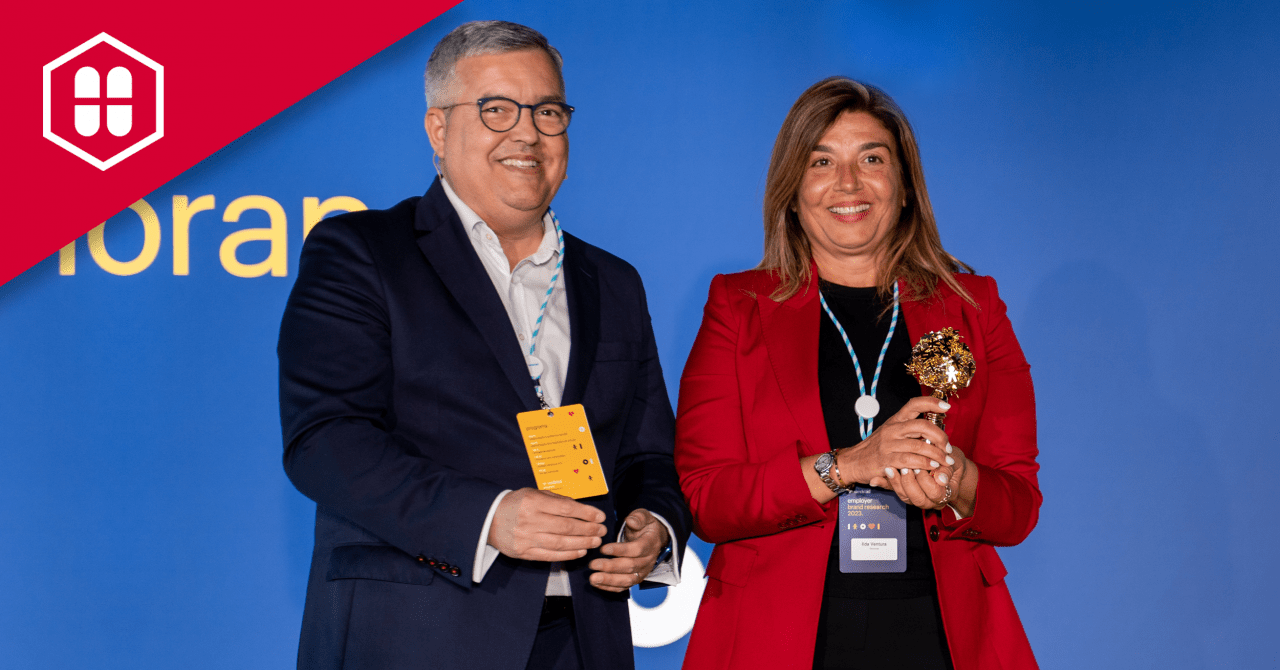Press Room
Hovione one of the Top 3 Best Companies to Work in Portugal
Hovione ranked 3rd best company to work in Portugal and best in the Health Sector

Hovione ranked 3rd best company to work in Portugal and best in the Health Sector according to the results of the 2023 Randstad Employer Brand Research. We’ve moved up two positions in the overall ranking when compared to the previous year and we maintain the leading position in the Health Sector.
The research work published yesterday identifies the Top 20 best employers in Portugal following a survey answered by a representative sample of the active Portuguese population. In the survey, companies are evaluated and ranked based on criteria, such as salary and benefits, job security, work atmosphere, and career progression opportunities.
This recognition comes after Hovione was recognized as a Top Employer and LinkedIn Top Company in Portugal.
